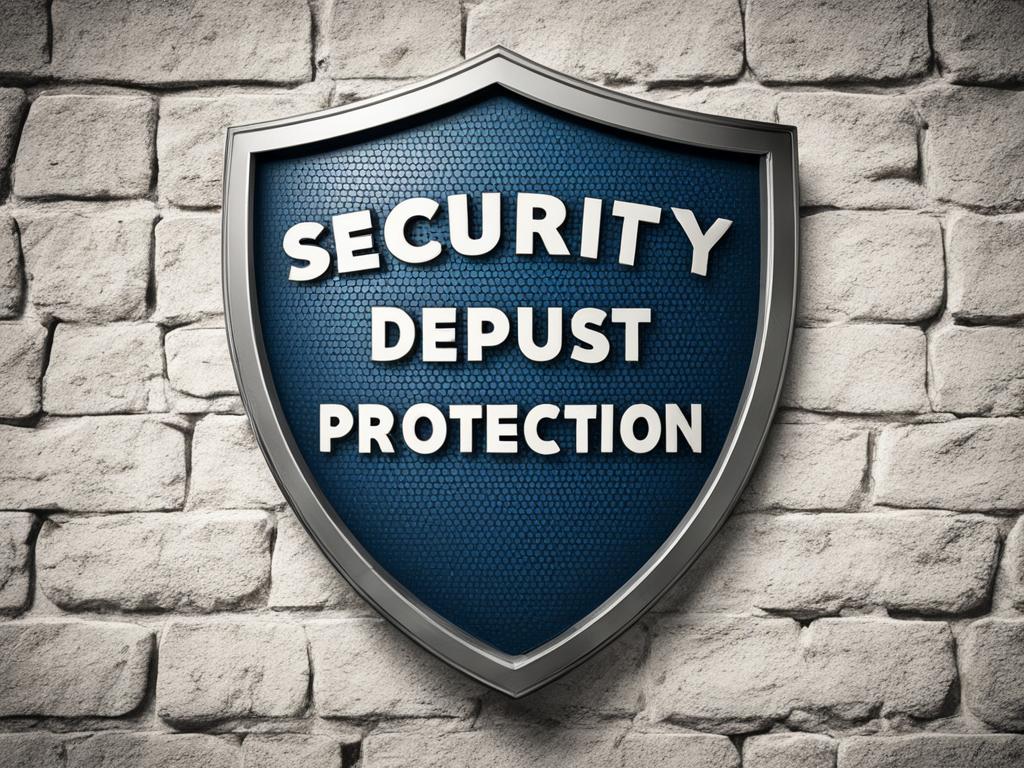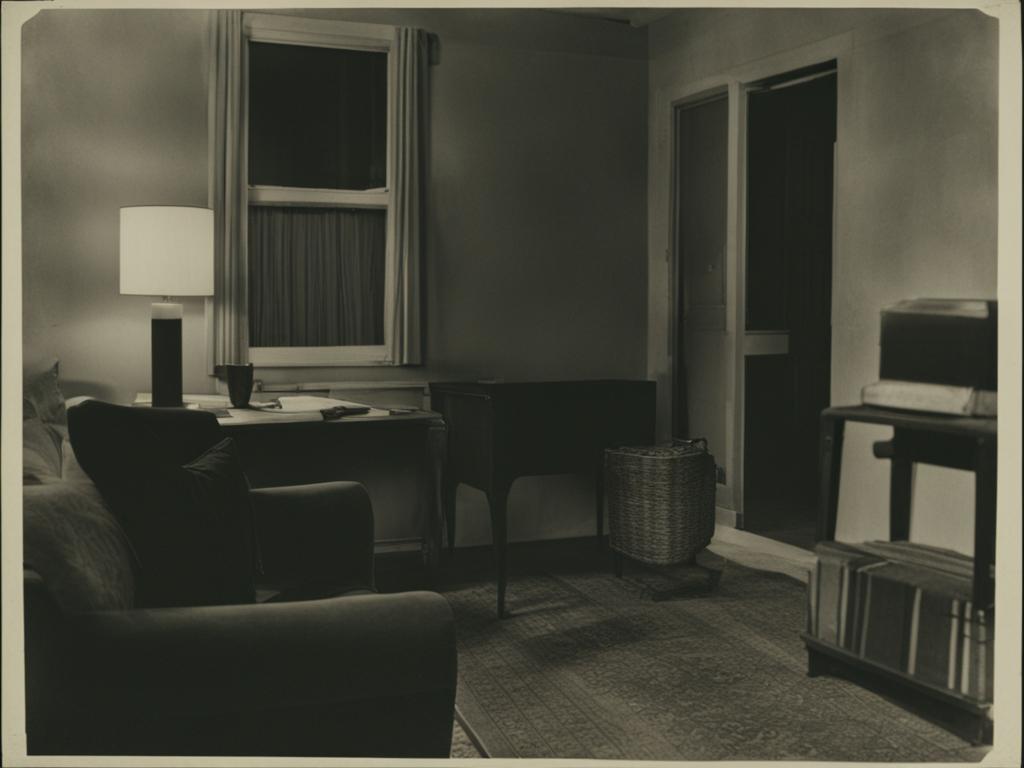Landlord Passed Away? Know Your Tenant Rights
When your private landlord passes away, it’s important to understand your legal rights as a tenant and know the necessary steps to take. Dealing with the death of a landlord can be complex, but being informed will help you navigate the process smoothly.
Each state and city in the United States has its own rental regulations, so it’s crucial to reach out to your local housing authority for specific information. However, in general, here are some key points to consider:
Key Takeaways:
- When your landlord dies, the ownership of the lease transfers to the estate of the deceased landlord.
- Your rights as a tenant remain the same as when you signed the lease, including the right to written notice before moving out, the return of your security deposit, safe living conditions, and privacy rights.
- You will still need to pay rent, but it should now be made directly to the estate. Make sure to request legal documentation from the new landlord before making any payments.
- If there are any uncertainties or disputes, it’s advisable to consult an attorney to ensure your rights are protected.
- Stay informed about any changes in ownership or sale of the property, as your lease agreement will transfer with the property to the new owner.
Ownership Transfer and Lease Agreements
When a landlord passes away, the ownership of the lease automatically transfers to the estate of the deceased landlord. The transfer of ownership is determined either by the landlord’s will, which specifies the inheritor of the rental property, or through the legal process if there is no will. This transition may take time and involve legal proceedings to establish the new owner.
In most cases, the lease agreement remains in force after the transfer of ownership. The terms and conditions of the existing lease agreement are upheld by the new landlord, ensuring that tenants continue to enjoy the rights and obligations that were established when the lease was initially signed. However, the new owner may have the option to make modifications to the lease agreement.
Modifications to the lease agreement by the new landlord must be carried out with advance notice to the tenant. This provides an opportunity for the tenant to review the proposed changes and seek legal advice if necessary. It’s important for both parties to communicate effectively and maintain transparency during the process of lease modification.
If the lease has expired, it may automatically transition into a month-to-month agreement, unless both the tenant and the new landlord agree to renew or terminate the lease. This allows for flexibility in the lease term while preserving the lease agreement’s continuity.
“The transfer of ownership of the lease after the landlord’s death ensures the continuity of the tenant’s rights and obligations. The new landlord must follow the terms and conditions of the existing lease agreement, and any modifications should be made with prior notice to the tenant.”
To illustrate further, here is a table summarizing the key aspects of ownership transfer and lease agreements after a landlord’s death:
| Aspect | Description |
|---|---|
| Ownership Transfer | The lease ownership transfers to the estate of the deceased landlord, either through the landlord’s will or legal proceedings. |
| Lease Continuity | The lease agreement remains in force after the transfer of ownership, preserving the tenant’s rights and obligations. |
| Lease Modifications | The new landlord may have the option to make modifications to the lease agreement, with advance notice to the tenant. |
| Expired Lease | If the lease has expired, it may automatically transition into a month-to-month agreement, unless both parties agree to renew or terminate the lease. |
Payment of Rent and Security Deposits
After the landlord dies, you are still responsible for paying rent, but the payment should be made to the estate of the deceased landlord. To ensure a smooth payment process, the executor of the estate will provide you with instructions on how to pay the rent. It’s important to follow these instructions and communicate with the personal representative of the estate to arrange for the payment.
When making the rent payment, it’s crucial to obtain legal documentation confirming the new payee. This documentation serves as proof of payment and protects you from any disputes regarding rent payment. Make sure to keep a copy for your records.
Additionally, the security deposit you provided when you first rented the property remains protected. At the end of your tenancy, as long as the property has been maintained, you are entitled to the return of your security deposit. Be sure to communicate with the personal representative of the estate to arrange for the return of your deposit.

It’s important to remember that paying rent to the estate and properly documenting the payment, as well as coordinating the return of your security deposit, ensure transparency and protect your rights as a tenant. By following the payment instructions and communicating with the personal representative of the estate, you can navigate this challenging situation with confidence.
Rights and Responsibilities of Tenants
Despite the change in ownership, as a tenant, you maintain the same rights you had when you signed the lease. Your new landlord is legally obligated to provide you with written notice if you need to move out, typically with a minimum of 30 days’ notice. It’s important to be aware of your tenants’ rights after your landlord’s death to ensure you are treated fairly and have a smooth transition.
- Notice to Vacate: If your new landlord wishes for you to vacate the property, they are required to provide written notice. This notice usually needs to be given at least 30 days in advance to allow you sufficient time to find a new place to live.
- Safe Living Conditions: As a tenant, you have the right to live in a property that meets safety standards. If you notice any maintenance or safety issues, it’s important to report them to your new landlord or the estate representative.
- Privacy Rights: Your privacy should be respected by your new landlord. They should not enter your rental unit without proper notice, except in certain emergency situations.
If you have any concerns about your rights or feel that they are being violated, it’s advisable to consult with an attorney who specializes in tenants’ rights or contact your local housing authority for guidance. It’s important to understand your rights as a tenant and take the necessary steps to protect them.
Note: The above image illustrates the importance of tenants’ rights after a landlord’s death.
Selling the Property and Tenant’s Rights
When a property is sold after the landlord’s death, there are important considerations for both the tenant and the new owner. The transfer of ownership means that the new owner becomes the tenant’s new landlord. The existing lease agreement automatically transfers with the property, and the new landlord must honor its terms. This is beneficial for the tenant, as their rights and responsibilities remain the same.
However, it’s essential for the new landlord to provide written notice to the tenant for any changes they wish to make to the lease agreement. This ensures transparency and gives the tenant the opportunity to understand and respond to any modifications. The tenant should also be aware that their lease duration may influence the new owner’s decision to renew, modify, or terminate the lease.
Overall, it is crucial for tenants to stay informed during any property sale or transition to ensure their rights are protected. By understanding their rights and the new landlord’s obligations, tenants can navigate these changes confidently and secure their lease agreement.

| Tenant’s Rights | New Landlord’s Obligations |
|---|---|
| The lease agreement transfers with the property. | The new landlord must honor the existing lease terms. |
| Tenant’s rights and responsibilities remain the same. | The new landlord must provide written notice for any changes to the lease agreement. |
| The tenant’s lease duration may impact the new owner’s decision to renew, modify, or terminate the lease. | The new landlord should communicate their intentions regarding the lease duration with the tenant. |
Conclusion
When a private landlord passes away, it’s natural for tenants to have concerns about their rights and lease agreements. However, it’s important to understand that despite the change in ownership, your rights and lease remain intact. The ownership of the lease will transfer to the estate of the deceased landlord, and you should continue to pay rent to the estate. To ensure a smooth transition, it’s crucial to communicate with the personal representative of the estate and stay informed about your rights.
Throughout this process, it’s advisable to seek legal advice if you have any doubts or uncertainties regarding the new owner or modifications to the lease agreement. Understanding your rights as a tenant is crucial in safeguarding your lease agreement and securing your tenancy. Remember, you have the right to safe living conditions, privacy, and the return of your security deposit at the end of the tenancy.
By staying proactive and informed, you can navigate the challenges that may arise when a landlord passes away. Remember to maintain open communication with the estate’s representative, ensure proper documentation for rent payments, and address any maintenance concerns with the new landlord. Your tenancy rights are protected, and staying knowledgeable about the process will help you maintain a stable living situation during this transition.
FAQ
What happens when your private landlord dies?
When a private landlord passes away, the ownership of the lease will transfer to the estate of the deceased landlord.
What are the legal rights of tenants when the landlord dies?
Tenants still have the same rights they had when the lease was signed, including the right to written notice before moving out, the return of their security deposit, safe living conditions, and privacy rights.
How should you handle lease agreements when the landlord dies?
The lease agreement will remain in force and transfer to the new owner. Tenants should consult an attorney if there are any disputes or uncertainties regarding the new owner or modifications to the lease agreement.
What are the responsibilities of heirs when the landlord dies?
If the landlord had a will, it should specify who inherits the rental property. If there is no will, determining the new owner can take time and may involve legal proceedings.
How do you transfer the lease after the landlord’s death?
The lease agreement transfers with the property if it is sold after the landlord’s death. The new owner becomes the tenant’s new landlord and must honor the terms of the lease.
How do you pay rent after the landlord’s death?
Tenants should pay rent to the estate of the deceased landlord. They should ask for legal documentation from the new landlord before making any payments.
What happens to the security deposit when the landlord dies?
The security deposit remains protected and must be returned to the tenant at the end of the tenancy, as long as the property has been maintained. Tenants should communicate with the personal representative of the estate to arrange for the return of their security deposit.
What are the rights of tenants after the landlord’s death?
Tenants maintain the same rights they had when the lease was signed. The new landlord is legally obligated to provide written notice if the tenant needs to move out, usually with a minimum of 30 days’ notice.
What happens if the property is sold after the landlord’s death?
If the property is sold after the landlord’s death, the new owner becomes the tenant’s new landlord. The lease agreement transfers with the property, and the tenant’s rights and responsibilities remain the same.

